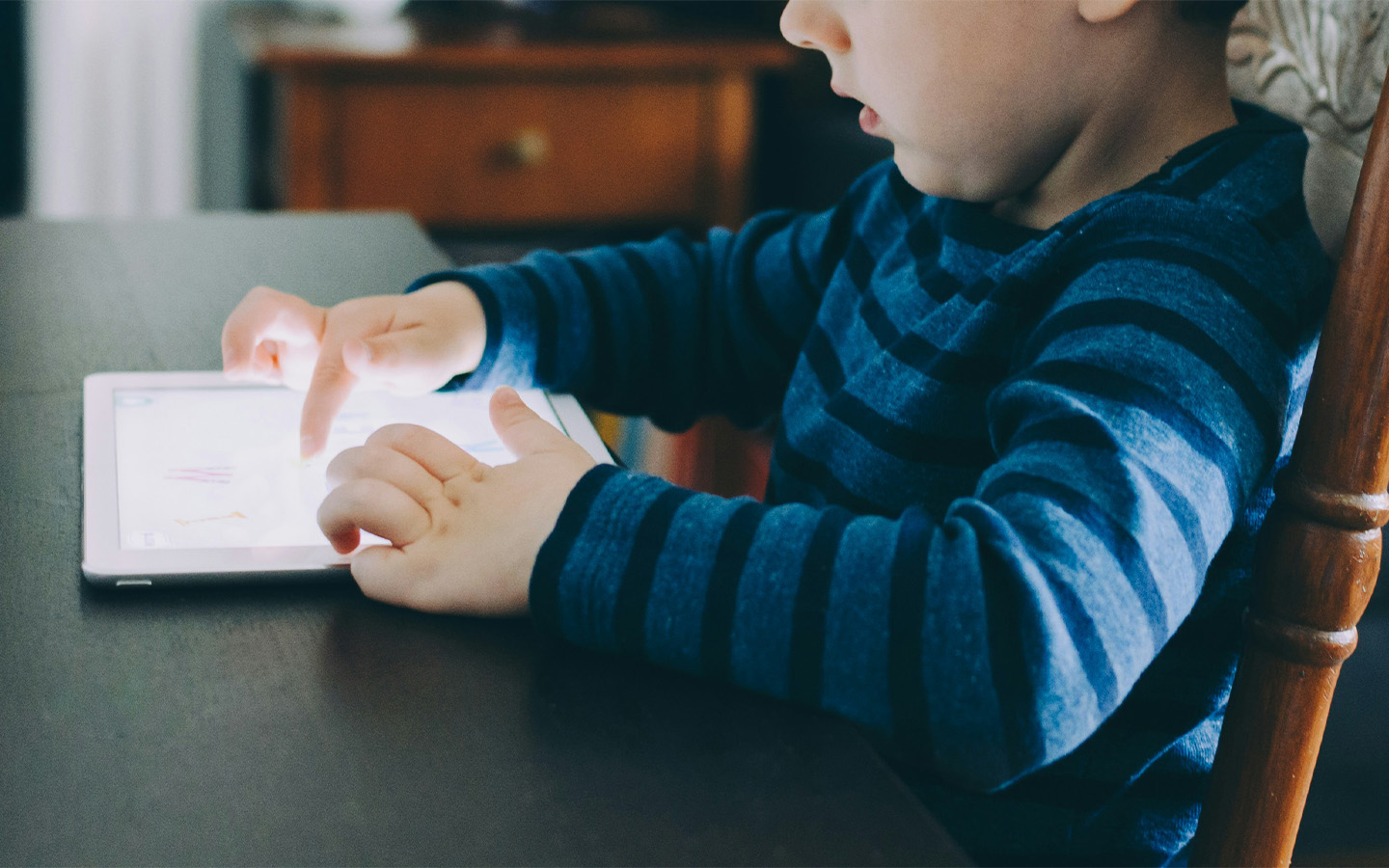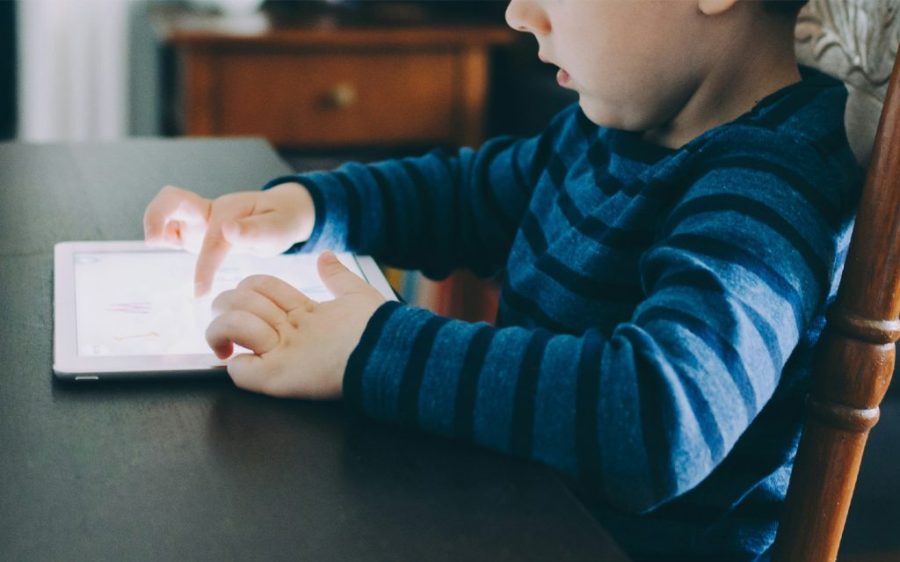Excessive screen time is causing children as young as three to miss out on critical opportunities to use, acquire and hear language, according to a recent study published in the Journal of the American Medical Association (Jama) Pediatrics.
Conducted by a team of Australian researchers, the study involved 220 Australian families whose conversations with their children were recorded using a Fitbit-like device that measured the number of words that the children produced and were exposed to. The devices also registered electronic sounds, which were used to determine the children’s screen time.
On average, the study found that three-year-olds were using electronic devices for a total of 2 hours and 52 minutes per day. This resulted in them hearing 1,139 fewer adult words, making 843 fewer vocalisations and engaging in 194 fewer conversations.
[See more: Over 70% of infants use e-gadgets in Macau]
Currently, the World Health Organisation (WHO) suggests that children between the ages of two and four should spend no more than an hour in front of a screen. The WHO recommends no exposure to screens at all for children under two.
While excessive screen time is an area for concern, Joanne Orlando, a digital literacy expert who spoke with ABC Australia, said that the type of content children are exposed to is also important.
“They might be on a screen for an hour…watching really low-quality video after video” she said. “Or they could be playing a game where they’re problem-solving or making some kind of artwork. That’s much better quality for them to [view] on a screen.”






